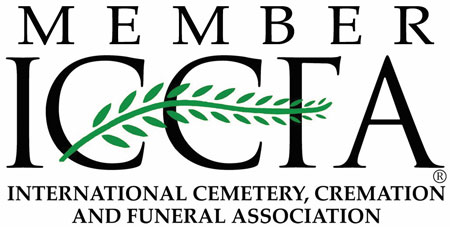Turn My Mourning into Dancing
Why does St. Paul talk about the scandal of the cross? There is something shocking, surprising, and almost scandalous about suffering. Pain is always uncomfortable. We have this innate sense that we were not meant to suffer. And yet, suffering cannot be avoided, for it is part of life.
How we view suffering and the meaning we discern in it radically influences how we respond to pain in our lives, and how we respond can make all the difference.
We’re a culture that can be very clinical when dealing with pain, suffering and uncomfortable feelings. Pain is often seen as something to kill or medicate as soon as it surfaces. And yet, pain is not only part of life, but a messenger of truth. “We can ignore even pleasure. But pain insists upon being attended to. God whispers to us in our pleasures, speaks in our conscience, but shouts in our pains: it is his megaphone to rouse a deaf world.” (C.S. Lewis, The Problem of Pain). This may be a surprising way to look at pain. We usually think that God mostly or only speaks through peace. Pain and discomfort tell us that something is off balance, something isn’t quite right, and it usually doesn’t stop shouting to us until we attend to it.
The way we deal with pain can also be a megaphone to humanity, witnessing to what we believe and hold on to. We are moved by people who despite suffering are calm and joyful. Most people we consider as heroes, whether real or fictional, have experienced some sort of struggle and suffering in life. What makes them great is how they faced that suffering and what they did with it. We ask ourselves, what do they have? What gives them that kind of joy, peace or courage? Suffering brings out something real in people. You can only fake for so long.
What we do with our pain matters. Discomfort and suffering might be the beginning of a calling, a special mission specific to you in this time of history.
Henri Nouwen, a contemporary priest and master of spirituality, wrote in his book Turn my Mourning into Dancing, that “when we learn to move through suffering, rather than avoid it, then we greet it differently. We become willing to let it teach us. We even begin to see how God can use it for some larger end.”
In this time of pandemic we’ve all experienced losses, changes or injustices that have caused pain. Often our first reaction to pain is shock and resistance, but when we finally lean into the pain and listen to the message it may be carrying, we realize that in the discomfort often lies hidden truths about who we are, who we are not, what really matters and what God is calling us to.
All of you who may be experiencing loss, pain or the suffering of those around you, I invite you to join me in asking what this pain is calling us away from or towards? Let us lean in and listen to the Spirit speaking. And as we listen to the Spirit, may we learn as Henri Nouwen says, “to place our hurts in larger hands.” Nouwen writes “In Christ we see God suffering – for us. And calling us to share in God’s suffering love for a hurting world. The small and even overpowering pains of our lives are intimately connected with the greater pains of Christ. Our daily sorrows are anchored in a greater sorrow and therefore a larger hope.” (Turn my Mourning into Dancing).
Springfield Funeral Home
Disclaimer: Every effort has been made to ensure the information in these pages is accurate and in accordance with the teachings of the Church and/or the customs and practices of the local church, specifically the Diocese of Nelson. Springfield Funeral Home does not represent or speak on behalf of the Diocese of Nelson. Please defer to the directive of the local ordinary or to the Pastor of the parish if there is a discrepancy of information contained in these pages. Local parishes may have their own traditions, requests and/or resources. We would appreciate to be notified of any errors, whether liturgical or grammatical in nature. Please send any such notices to contact@springfieldfuneralhome.com.




